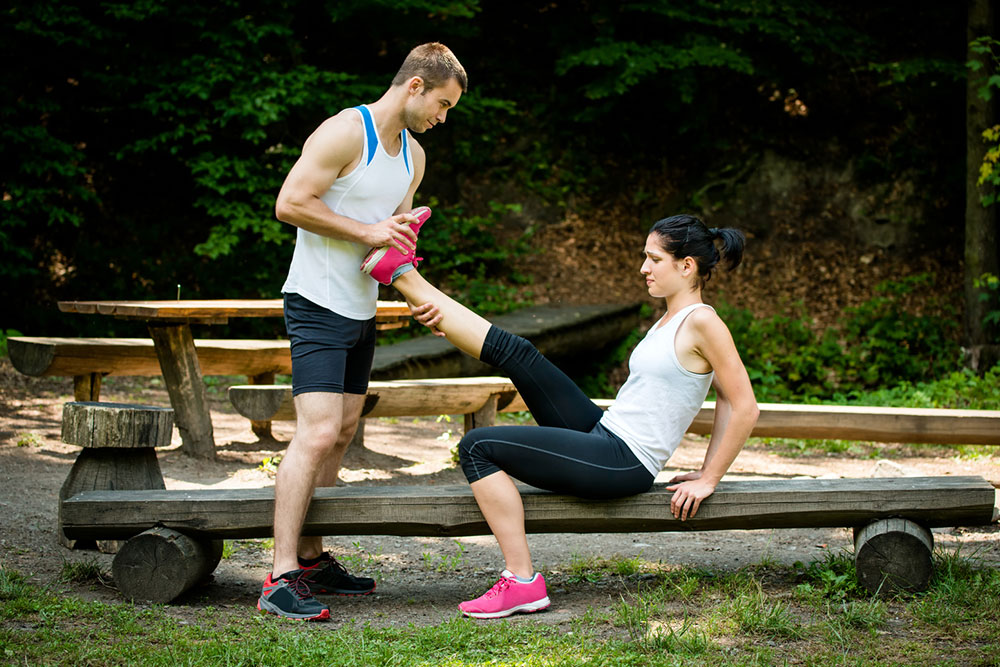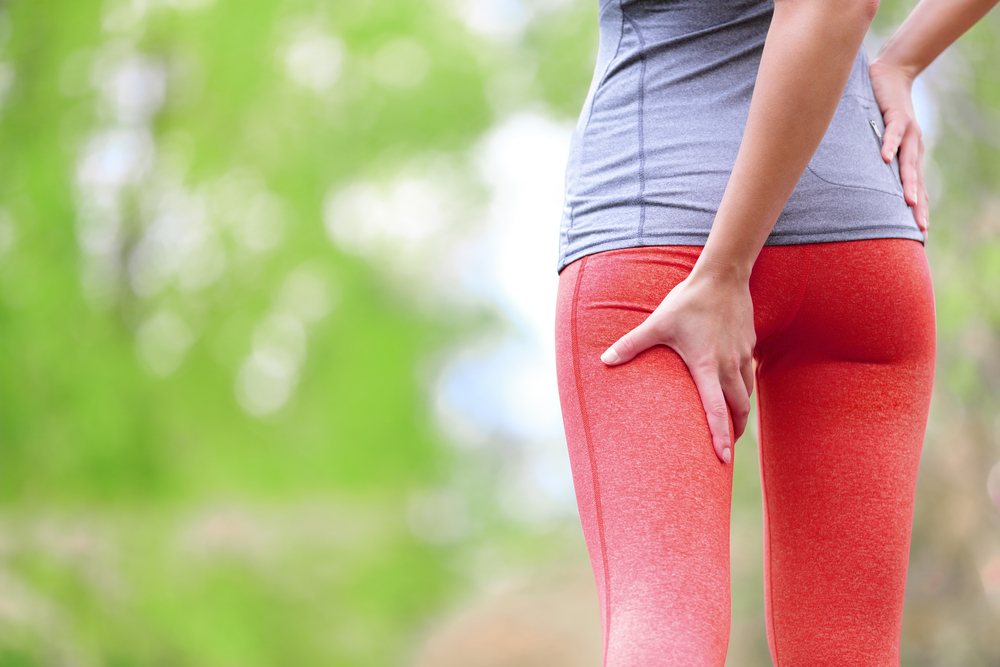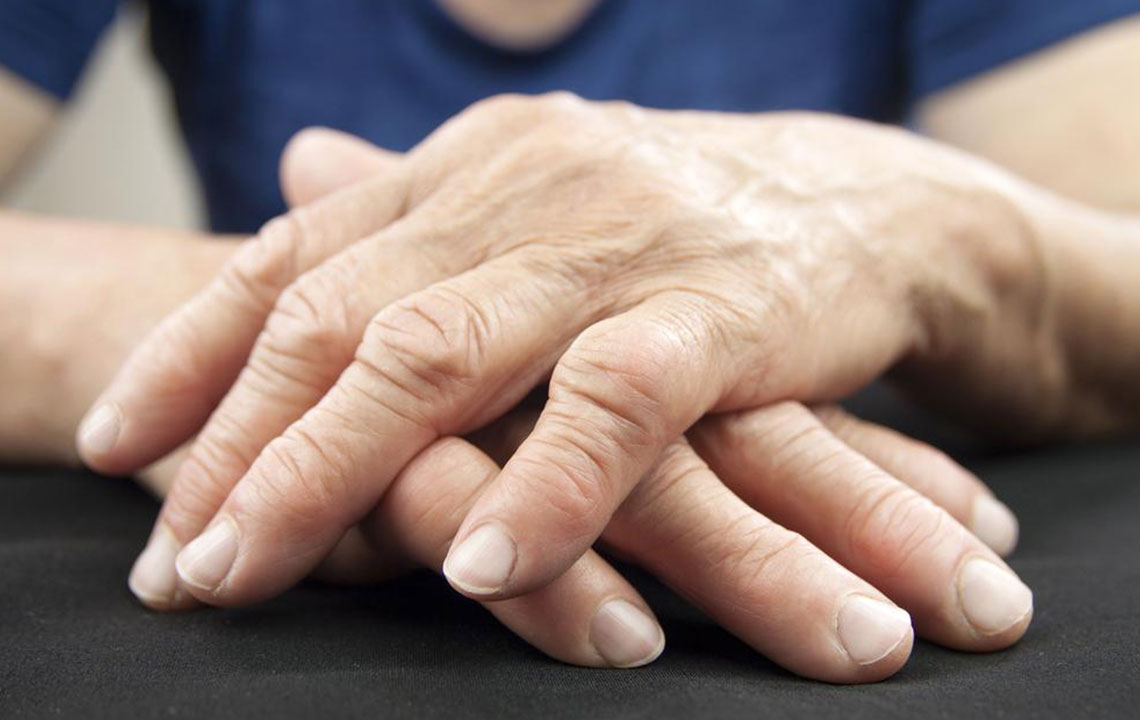Muscle Spasm – Causes and Home Remedies
Muscle spasms are more likely to occur in the winter. People usually get painful cramps at night. While they may last a few seconds, dealing with cramps every time is bothersome. Fortunately, a lot of home remedies work for muscle spasms. These are comparatively safe and quick to act on. So, what relieves muscle spasms quickly? Before getting to that, it is vital to understand the causes of muscle spasms.
Muscle spasm causes
Here are the top reasons for a muscle spasm:

1. Muscle fatigue
2. Not stretching before a workout
3. Stress
4. Dehydration
5. Exercising in excessive heat
6. Excessive, high-intensity workout
7. Electrolyte imbalance
Some reasons for leg cramps at night are as follows:
1. Bad posture
2. Working or standing on concrete floors
3. Overusing the muscles
4. Sitting for long durations
What relieves muscle spasms quickly?
Here are some remedies that work:
1. Stretching the muscles
Stretching is one of the best treatments for immediate muscle spasm relief. So, it is important to stretch the muscles anytime one suspects one’s muscles may spasm. There are several stretches one can do. Below are a few basic ones:
- Calf spasms
Lie down and stretch the leg to relieve calf muscle spasm pain. Then, drag or point the toes toward the head and stay in this position until the spasm ceases. However, do not overexert, or one may worsen the injury. - Neck spasms
Roll the shoulders in a circular motion ten times forward and repeat the action ten times backward. It is one of the most effective muscle spasm home remedies for getting rid of neck spasms. - Thigh spasms
Stand upright while gripping a chair for balance; now, stretch the quad with the spasm. Bend the leg and grab the ankle. Finally, lower the leg for muscle spasm relief.
2. Massaging
Massages like Swedish, Shiatsu, Japanese, or deep tissue massages can help relax and soothe the muscles. While these treatments are time-consuming and costly, especially if the spasm is sudden, they can be done at home.
Massage the affected area if the spasm occurs. If one cannot reach the affected area, have someone massage it. Apply pressure to the affected area and hold for a few minutes if the spasm persists after massaging.
3. Applying an ice pack
The simplest way to undo a muscle spasm is to cold compress. It is an effective pain-relieving remedy. Ice works as an anti-inflammatory agent.
Here is how to stop muscle spasms fast with an ice pack:
- Massage the affected area with ice.
- Continue until the area turns bright red.
- Ensure the timeframe does not exceed 10 minutes.
- The blood cells heat the cramped muscle when the affected area turns red. Now, the muscles will relax, giving one relief.
4. Using a warm compress
It is another age-old remedy for treating spasms. Heat boosts blood circulation, making the muscle more flexible. Hence, some people find heat more relaxing than ice for muscle spasms.
But how does one stop muscle spasms quickly with a warm compress? Apply the heating pad to the affected area for about ten minutes, or take a warm bath or shower.
5. Using Epsom salt
A magnesium deficiency often causes spasms. So, using Epsom salt can help boost the magnesium levels in the body, which is vital for the muscles to function and avoid the need for painkillers or other muscle relaxants. Generally, magnesium levels from Epsom salt benefit overall bodily inflammation because a low magnesium level is linked to high C-reactive protein, a common reason for inflammation in the body.
6. Resting and staying hydrated
Resting and hydration are the best home remedies for muscle spasms. The body requires adequate rest and fluids to recover from strenuous activity. So, giving the muscles a chance to repair and recover helps reduce muscle tightness and tension, which usually causes spasms.
7. Not resting too much
While rest is vital, excessive rest can also cause muscle spasms. So, as long as the pain is not severe, one must keep the muscles moving. It helps prevent disease-causing inflammation. So, it is recommended that one continue one’s normal activities as usual. One can reduce the pace if needed. However, avoid the movement that triggers or aggravates the pain. Taking time to relax and rest is not bad, but light activity can shorten recovery time. So, avoid those long TV breaks and keep the blood flowing. However, disregard this recommendation if the pain is severe or accompanied by other symptoms.
When to see a doctor
Mild to moderate muscle inflammation, tension, or soreness is normal, especially in those who exercise intensely with little rest or as athletes. However, if one is experiencing trouble getting through everyday activities or sleeping through the night, one must notify a healthcare professional to eliminate the possibility of other issues.
Generally, opt for a conservative approach to managing the spasm symptoms for 72 hours. If the symptoms aggravate or do not improve in this window, seek an evaluation. They may give one stronger treatment option or diagnose one for an underlying, more severe concern.




